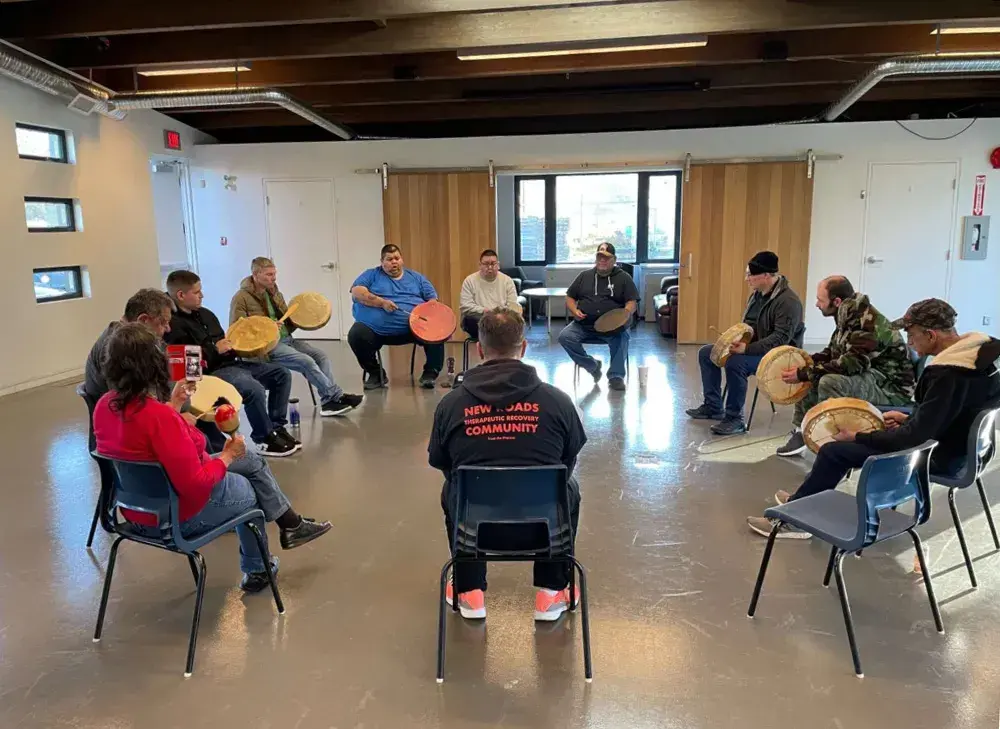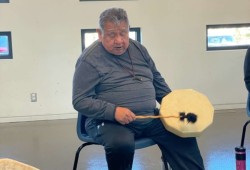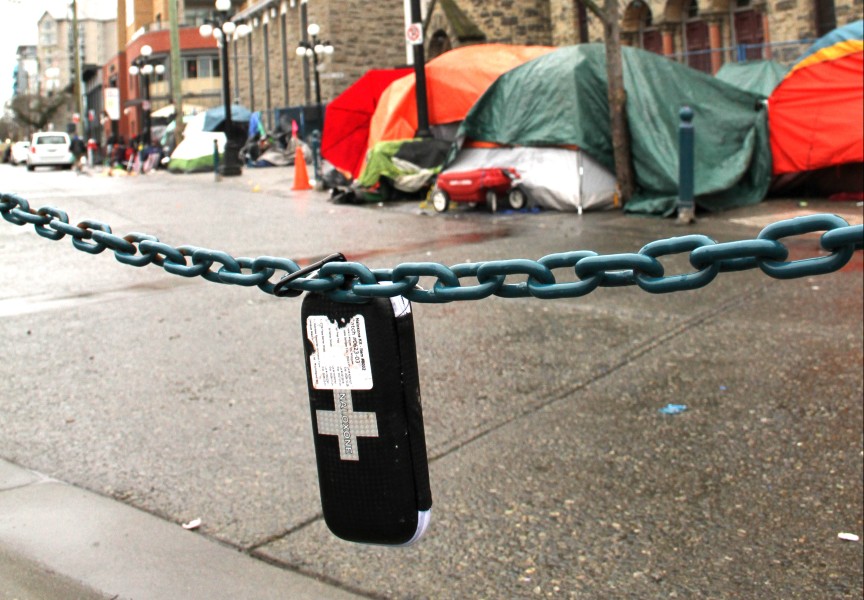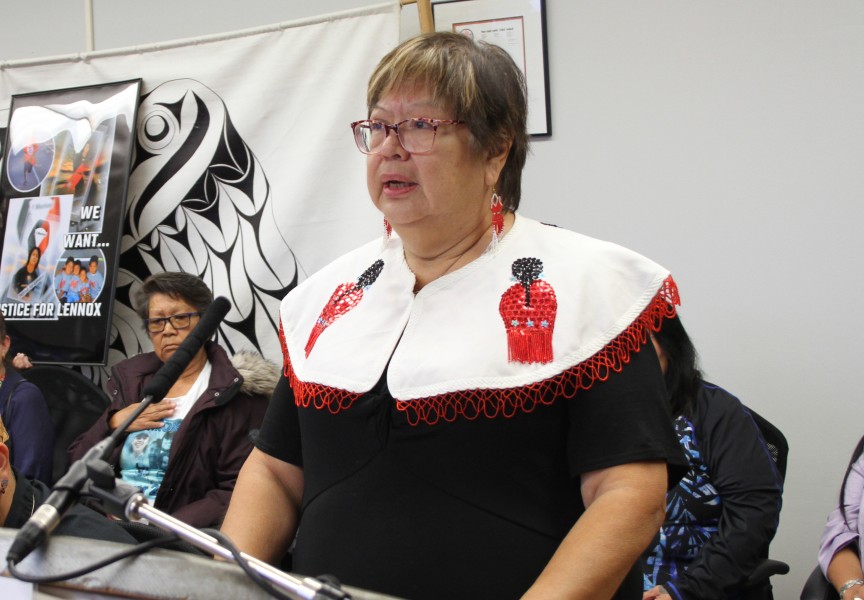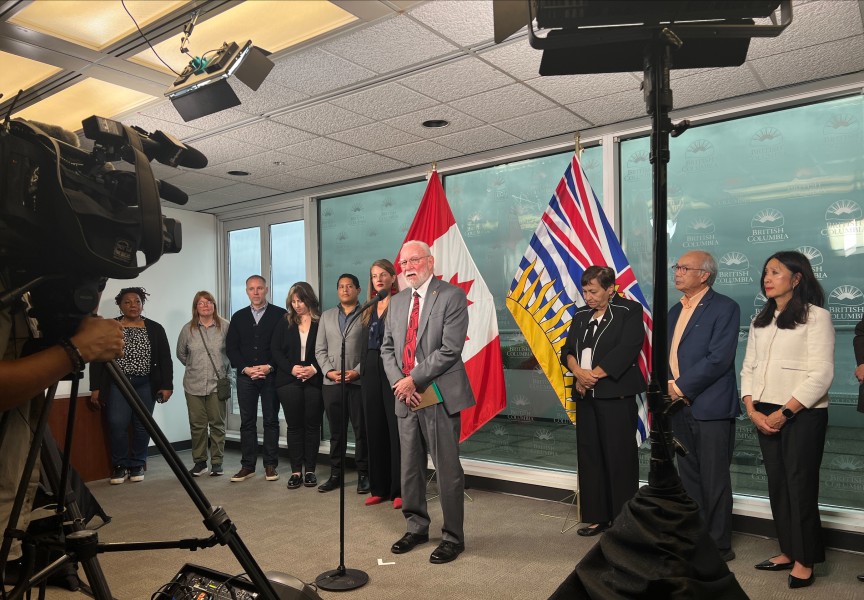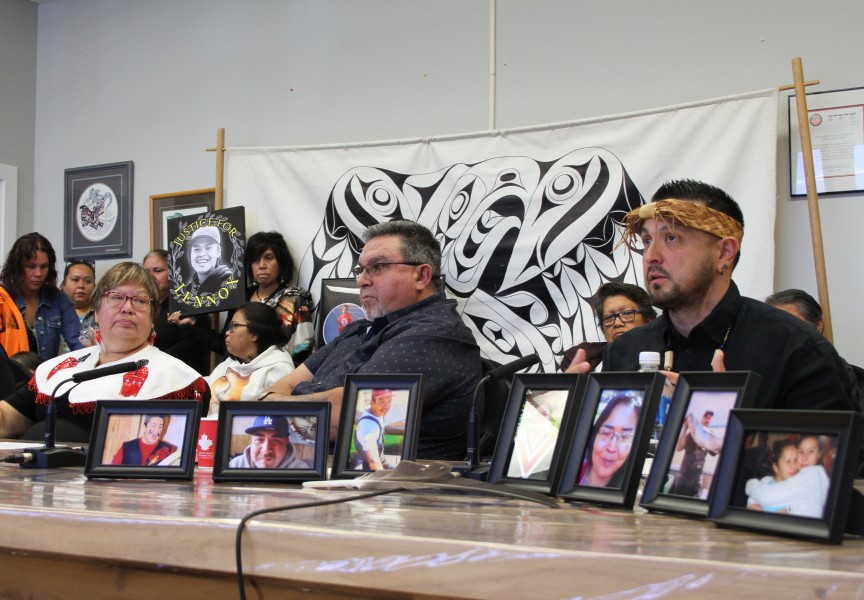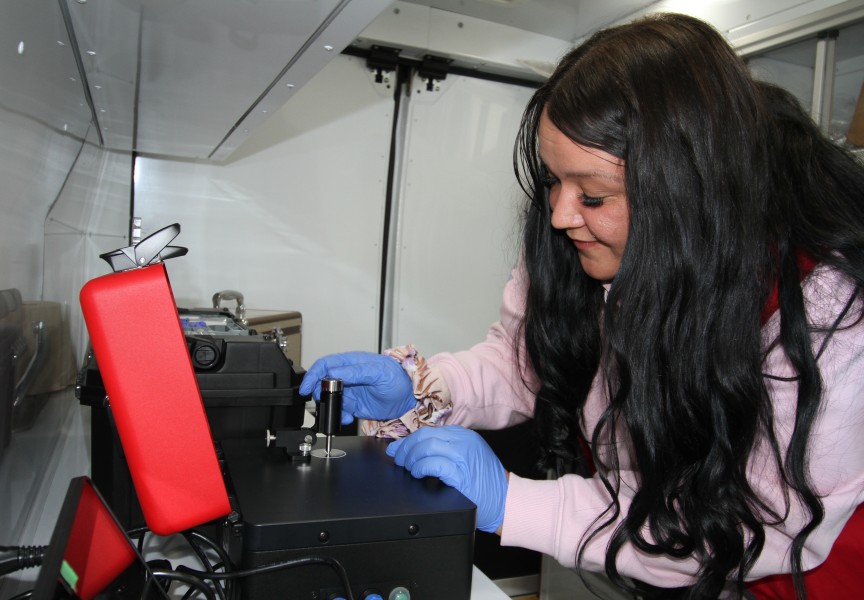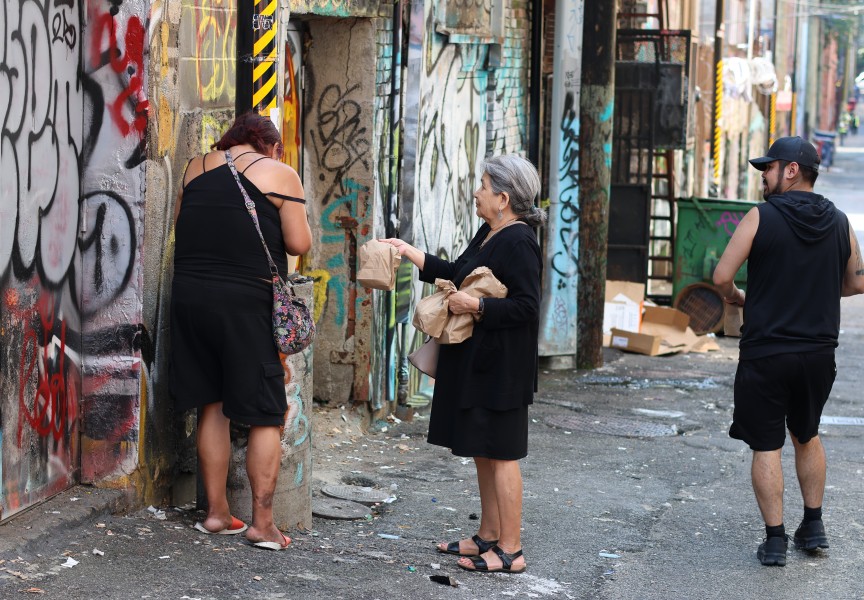In mid October B.C.’s Ministry of Mental Health and Addictions announced their contribution of $4.39 million to New Roads Therapeutic Recovery Community in Victoria, providing support to an additional 330 more men struggling with repeated incarceration, housing instability and addiction over the next three years.
“What it allows us to do is to keep this work going; work that we really feel is a beacon of hope in quite a dark time in terms of the drug crisis and the opioid crisis in our province,” said Julian Daly, chief executive officer of Our Place Society, which oversees New Roads. “That’s 300 more men who will have their lives changed.”
According to the BC Coroners Service, in 2016, the year the province declared a public health emergency, the total deaths due to illicit drug use amounted to 995. Seven years later, in the first eight months of 2023, the province has seen 1,645 deaths due to unregulated drugs, with men accounting for 1,282 of these fatalities.
For many of the men, shared Daly, they have said that New Roads has saved their lives.
New Roads runs a “long-term residential daily structured program”, with commitments ranging from nine to 24 months. According to the provincial government, the typical time frame for residential treatment programs is 60 to 90 days.
“We're allowing the men the time they need to really understand what's driven their addictions, to learn skills… to manage those addictions and to sustain their sobriety,” said Daly.
Though New Roads is “not an Indigenous program per se”, said Daly, it is “deeply informed by Indigenous culture”.
“About 18 per cent of the men at any given time at New Roads [are]... Indigenous men,” said Daly. “It's really important for us to serve them in a culturally appropriate way and to make that available to them.”
Additionally, Daly shared that roughly 50 per cent of the men at New Roads have gone through or arrive directly out of the corrections system.
Among their Indigenous Programming, New Roads has special permission for a sweat lodge, built by residents, available on their campus. An elder also comes in to facilitate a sharing circle and is available to work with the men one-on-one, shared Daly.
“Some people have had deep engagement with their culture all their life and some people have had none, or very little,” said Daly. “New Roads represents an opportunity for some men… to re-engage with culture, some to continue engagement with their culture, [and] some come to it for the first time.”
“We see that as a very important component of the healing process for these men,” he added. “There's no doubt that the presence of an elder, the sharing circle, the daily access to culture and smudging and… the regular sweat lodges, all play a role in helping the men understand their addictions and how they got there.”
New Roads is broken down into four stages: orientation, primary recovery, early re-entry, and re-entry, reads the press release.
During their stay, the program incorporates therapy, recreational activities, daily community assignments, relapse prevention discussion, individualized recovery programs, work as therapy, among other components. As men gradually re-enter their broader community, New Roads is designed to support them while they obtain employment and housing, said Daly.
“Recovery is rarely linear and everyone's pathway is unique,” said Jennifer Whiteside, minister of Mental Health and Addictions, in a press release. “New Roads helps people address their addiction and mental health challenges, while also developing the life skills and community support network they need to live happier and healthier lives when they leave this incredible service.”
“The opposite of addiction is not sobriety, the opposite of addiction is connection,” shared Daly, reciting a quote used at New Roads. “Part of the healing process is connecting people with their culture, Indigenous folk with their culture.”

